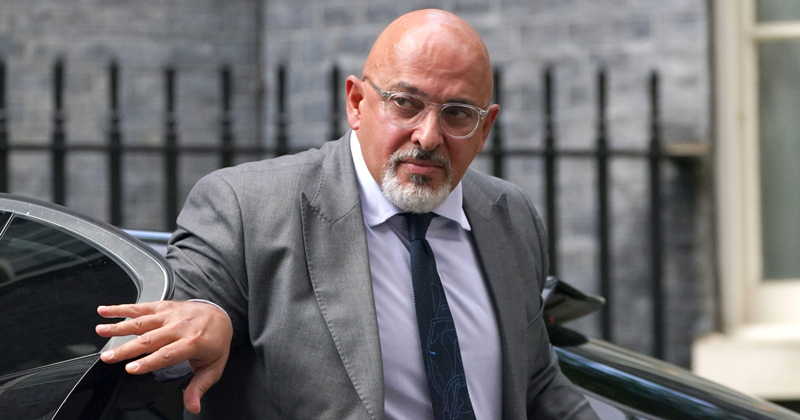Ministers have begun playing down the Department for Education’s plans to cull most BTECs, in the face of mounting opposition.
They have gone as far as to blame the media for fuelling a belief there will be a binary choice between A-levels and T Levels, despite the DfE’s own consultation stating that the two “should in future be the programmes of choice for 16-to-19-year-olds taking level 3 qualifications”.
A DfE policy paper on their reforms even asserts that applied general qualifications such as BTECs “will be rare”, but ministers now insist “many produce excellent outcomes” and they “won’t get rid of quality BTECs”.
James Kewin, deputy chief executive of the Sixth Form Colleges Association, which is spearheading the #ProtectStudentChoice campaign, said he has noticed a “change in tone from ministers” since Boris Johnson’s reshuffle.
He told Schools Week this new DfE ministerial team “has shown it is willing to actually listen to the sector on this issue” which has “not always been the case” with their predecessors.
The DfE embarked on a highly contentious two-stage level 3 and below qualifications review in March 2019 to consider the 12,000 applied general qualifications, including Pearson’s popular BTEC courses.
The final outcome was published in July. At the time the DfE said the reforms would involve stripping public funding from “poor-quality” qualifications that duplicate or overlap with T Levels or A-levels, with then-education secretary Gavin Williamson warning: “There can be no room in our education system for second-rate qualifications.”
At the time the DfE did say that some BTECs would survive the government’s bonfire of level 3 qualifications if they can demonstrate there is a “real need” for them, or if they are in an area that T Levels do not cover, such as performing arts.
But when challenged on the issue during an education questions session in September, former skills minister Gillian Keegan told MPs: “Poor-quality qualifications benefit nobody, least of all those who are disadvantaged.
“I will tell the House what is a tragedy – a tragedy is having young people not able to get on in the workplace because they have spent two or three years studying something that does not offer the value that employers need in this high-tech economy.”
Michelle Donelan, who took on a joint HE and FE brief following September’s reshuffle, appeared to water down the agenda last week during an education select committee hearing.

She said: “I would like to bust a myth here, because the media has sold a story that we are abolishing all BTECs and there will be a binary choice between A-levels and T Levels, which is certainly not the direction of travel.
“We know that many BTECs produce excellent outcomes for young people and for people later on in life. However, there have been various studies, including the welfare review, which showed that some of them are not of a good enough quality; the quality that we would want our own children or our own constituents to be taking. It is right that we take stock of it and we review it.”
During Monday’s education questions, new education secretary Nadhim Zahawi weighed in on the issue. “I want to just squash that misrepresentation: we are not withdrawing funding from BTECs,” he said.
“BTECs that are of high quality and are valued will continue, but it is only right that we look at the landscape and see where quality lies and how we can increase the ladders of opportunity, not take them away from people.”
And during an accountability hearing with the education select committee on Wednesday, he added: “We won’t get rid of quality BTECs. I want to squash that narrative that has somehow built up I don’t know where from. We will be evidence-led.”
A policy statement published by the DfE following the outcome of its level 3 qualifications consultation, made clear: “From 2024, T Levels and A-levels will be the qualifications of choice for classroom-based study.”
Kewin said: “We are encouraged by the change of tone from ministers and some of the more positive messages we have heard in recent weeks. All we ask is that decisions on the future of these qualifications are based on evidence rather than anecdote, and that ministers appreciate that BTECs can happily co-exist alongside A-levels and T Levels.”














Your thoughts